
The future of Islamic art & culture. Come visit us - https://t.co/pvVB1N0gSL
53 subscribers
How to get URL link on X (Twitter) App

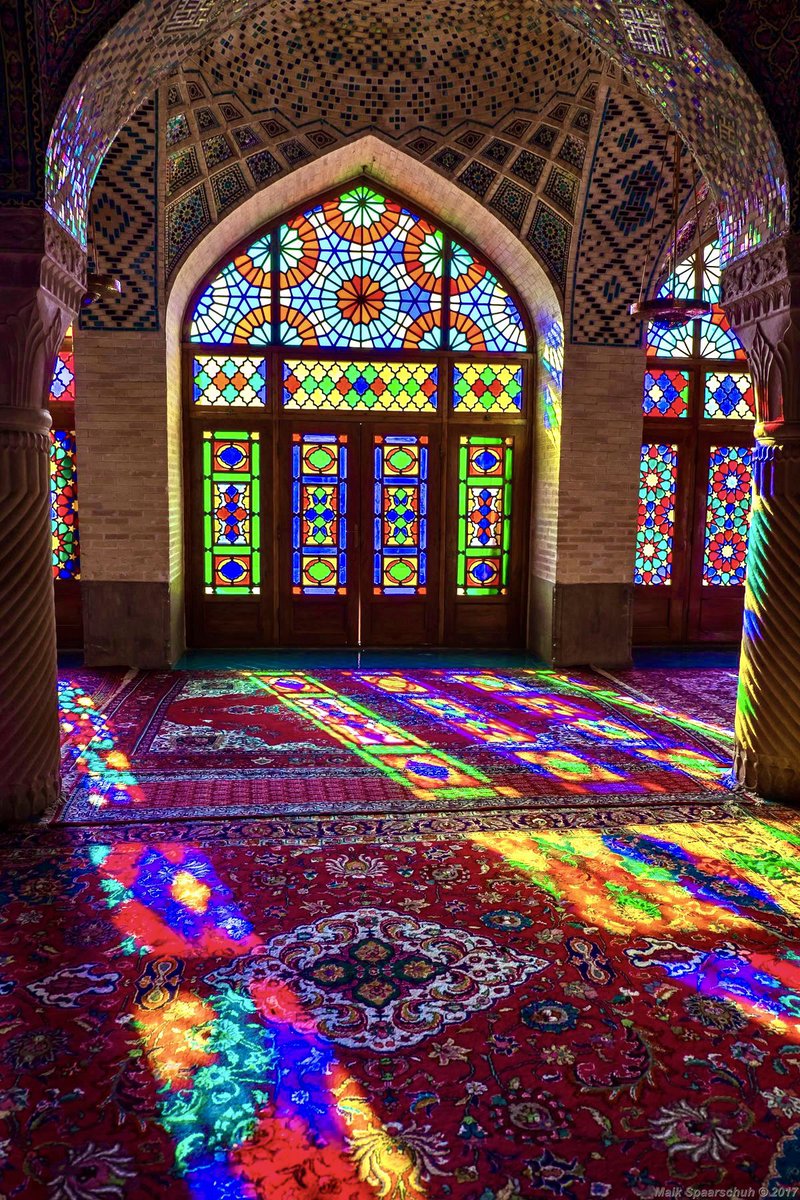
 1/ Stained glass window at The Şemsi Pasha Mosque, Turkey
1/ Stained glass window at The Şemsi Pasha Mosque, Turkey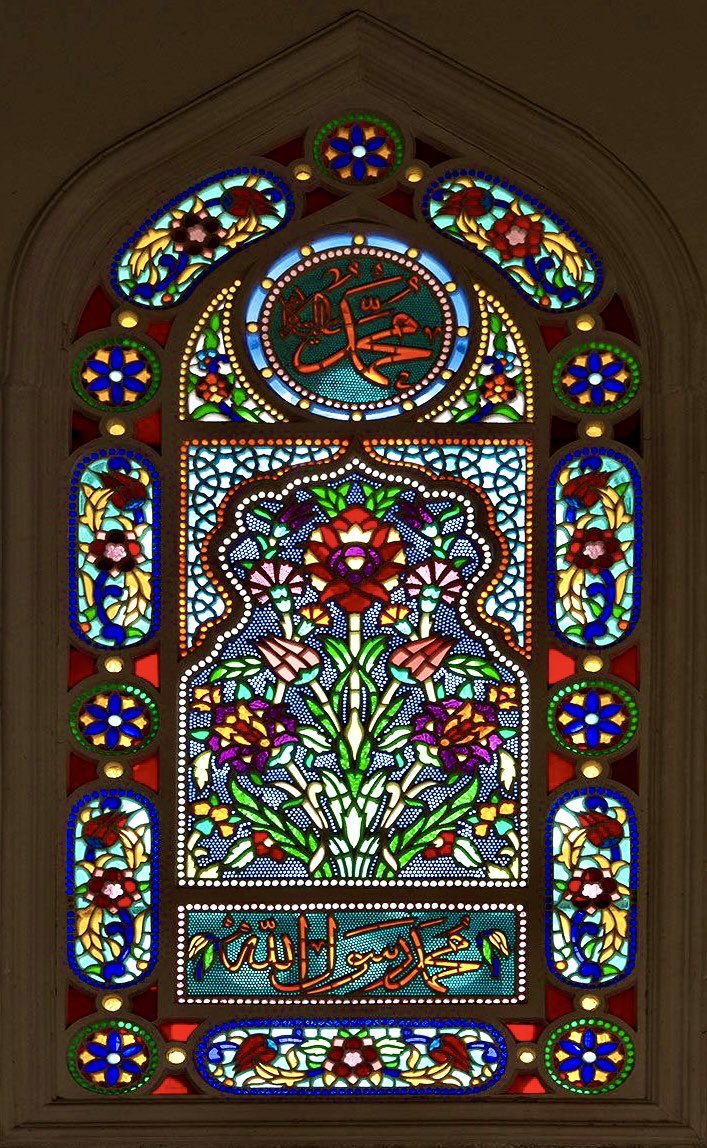

 1/ The Kiswah is the cloth that covers the Kaaba. The term Kiswah means ‘robe’ & is also known as the ‘Ghilaf’. Hanging the Kiswah, a huge piece of black silk embroidered with gold patterns & verses from the Quran, over the Kaaba symbolises the start of the Hajj pilgrimage season
1/ The Kiswah is the cloth that covers the Kaaba. The term Kiswah means ‘robe’ & is also known as the ‘Ghilaf’. Hanging the Kiswah, a huge piece of black silk embroidered with gold patterns & verses from the Quran, over the Kaaba symbolises the start of the Hajj pilgrimage season 
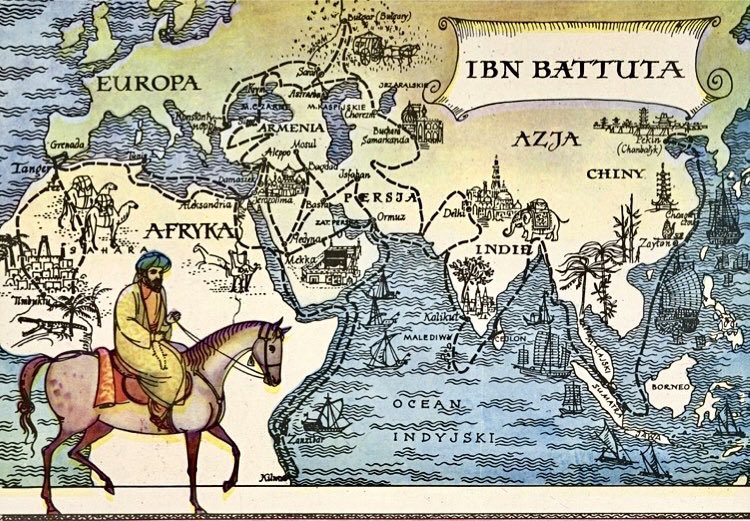
 1/ Ibn Battuta was born in 1304 CE in Tangier, Morocco. His travelogue the Rihla is his most important work. His journeys in the Rihla lasted for a period of almost thirty years, covering nearly the whole of the known Islamic world & beyond.
1/ Ibn Battuta was born in 1304 CE in Tangier, Morocco. His travelogue the Rihla is his most important work. His journeys in the Rihla lasted for a period of almost thirty years, covering nearly the whole of the known Islamic world & beyond. 

 1/ Folio from a Manuscript of the Qur'an
1/ Folio from a Manuscript of the Qur'an

 1/ The Shah-i-Zinda ensemble includes mausoleums, mosques & other ritual buildings of 11-15th & 19th centuries. The name Shah-i-Zinda (meaning The living king) is connected with the legend that Qutham ibn Abbas, a cousin of the Prophet Muhammad PBUH is buried here
1/ The Shah-i-Zinda ensemble includes mausoleums, mosques & other ritual buildings of 11-15th & 19th centuries. The name Shah-i-Zinda (meaning The living king) is connected with the legend that Qutham ibn Abbas, a cousin of the Prophet Muhammad PBUH is buried here

 1/ Koski Mehmed-Pasha Mosque, Mostar, Bosnia
1/ Koski Mehmed-Pasha Mosque, Mostar, Bosnia

 1/ Al-Mutanabbi Street is the historic center of Baghdad bookselling, that dates back to the time of the Abbasids. Located near the old quarter of Baghdad, Al-Mutanabbi Street was Baghdad’s first book traders’ market.
1/ Al-Mutanabbi Street is the historic center of Baghdad bookselling, that dates back to the time of the Abbasids. Located near the old quarter of Baghdad, Al-Mutanabbi Street was Baghdad’s first book traders’ market. 

 1/ Al-Qarawiyyan Library, Fez, Morocco
1/ Al-Qarawiyyan Library, Fez, Morocco

 1/ Gardens @CambCentMosque
1/ Gardens @CambCentMosque 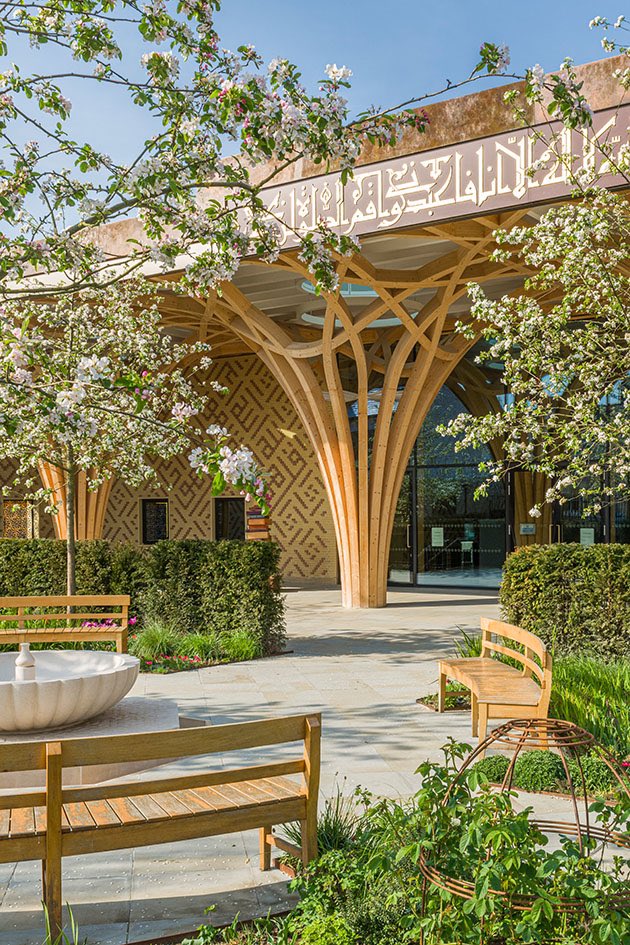

 1/ Jalil Khayat Mosque, Erbil, Kurdistan, Iraq
1/ Jalil Khayat Mosque, Erbil, Kurdistan, Iraq

 1/ Habibi or Habibti (حبيبي/حبيبتي)
1/ Habibi or Habibti (حبيبي/حبيبتي)

 2/
2/ 

 1/ A key founder of the Arts and Crafts Movement, Morris transformed British interiors with his intricate patterns in wallpapers, textiles, and carpets. While his love for Islamic art has long been noted, this exhibition @WMGallery is the first to examine this influence in depth
1/ A key founder of the Arts and Crafts Movement, Morris transformed British interiors with his intricate patterns in wallpapers, textiles, and carpets. While his love for Islamic art has long been noted, this exhibition @WMGallery is the first to examine this influence in depth
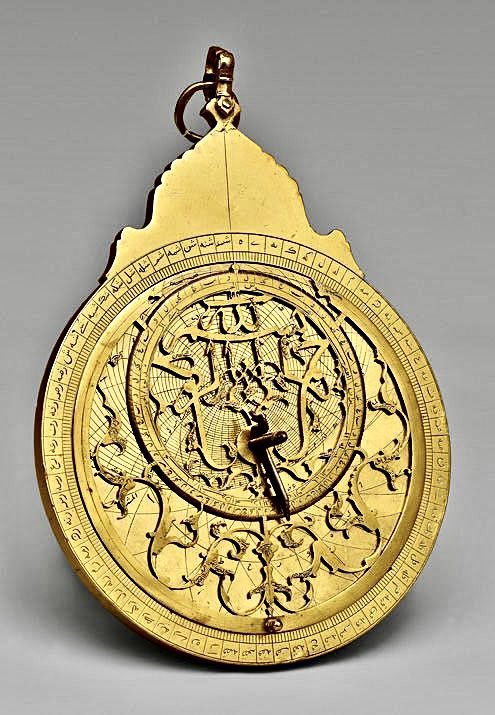
 1/ Mariam al Astrulabi's remarkable contribution to the art of astrolabes has largely been ignored by the world. What she achieved in the 10th century consequently helped several generations of scientists to explore the concept of time and space.
1/ Mariam al Astrulabi's remarkable contribution to the art of astrolabes has largely been ignored by the world. What she achieved in the 10th century consequently helped several generations of scientists to explore the concept of time and space.

 1/ Jami Mosque, Andijan, Uzbekistan
1/ Jami Mosque, Andijan, Uzbekistan

 1/ Even the term algorithm is Al-Khwarizmi translated into Latin!
1/ Even the term algorithm is Al-Khwarizmi translated into Latin!

 1/ Ibn Sina, also known to the Latin West as Avicenna, was a Persian polymath and one of the most influential Islamic philosophers, physicians, and scientists of the medieval period. He was born in 980 CE in present-day Uzbekistan and passed away in 1037 CE in Iran.
1/ Ibn Sina, also known to the Latin West as Avicenna, was a Persian polymath and one of the most influential Islamic philosophers, physicians, and scientists of the medieval period. He was born in 980 CE in present-day Uzbekistan and passed away in 1037 CE in Iran. 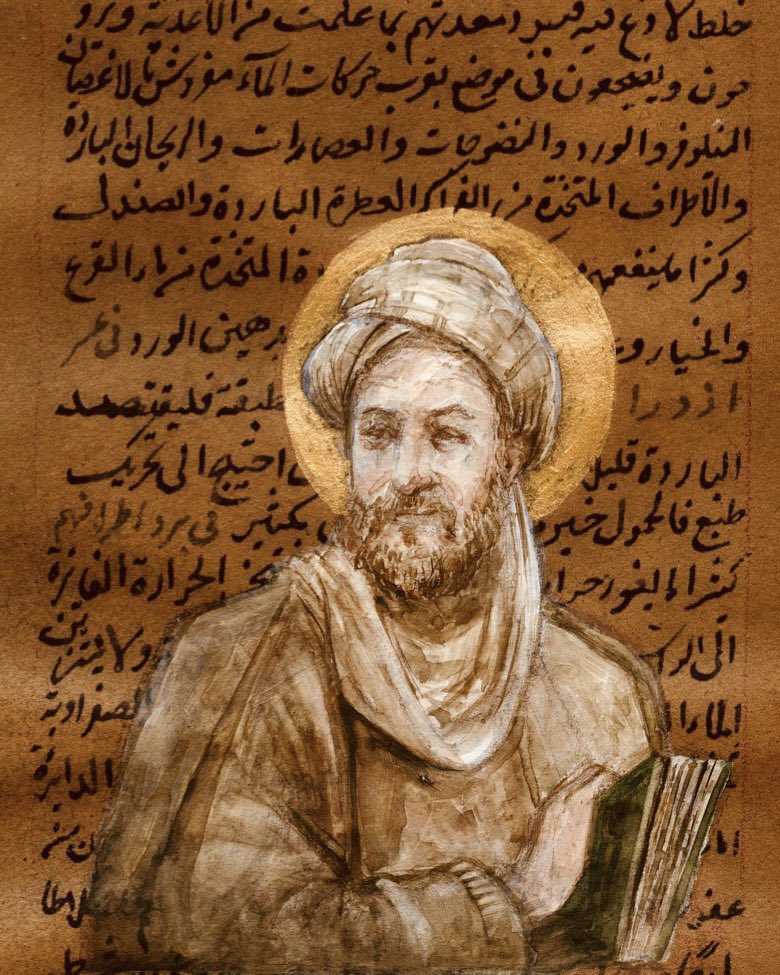

 1/ Ibn Battuta was born in 1304 CE in Tangier, Morocco. His travelogue the Rihla is his most important work. His journeys in the Rihla lasted for a period of almost thirty years, covering nearly the whole of the known Islamic world & beyond.
1/ Ibn Battuta was born in 1304 CE in Tangier, Morocco. His travelogue the Rihla is his most important work. His journeys in the Rihla lasted for a period of almost thirty years, covering nearly the whole of the known Islamic world & beyond. 

 1/ While robotics is considered a relatively new field of science, with the public’s consensus that it is the creation of 20th-century scientists, it would be surprising to know that the field has its roots in the medieval era nearly a millennium ago, with Ismail Al Jazari
1/ While robotics is considered a relatively new field of science, with the public’s consensus that it is the creation of 20th-century scientists, it would be surprising to know that the field has its roots in the medieval era nearly a millennium ago, with Ismail Al Jazari 

 1/ Beautiful quote from Mahmoud Darwish
1/ Beautiful quote from Mahmoud Darwish 

 1/ Coffee was originally consumed in the Islamic world and was directly related to religious practices. For example, coffee helped its consumers fast in the day and stay awake at night, during the Muslim holy month of Ramadan #InternationalCoffeeDay
1/ Coffee was originally consumed in the Islamic world and was directly related to religious practices. For example, coffee helped its consumers fast in the day and stay awake at night, during the Muslim holy month of Ramadan #InternationalCoffeeDay 